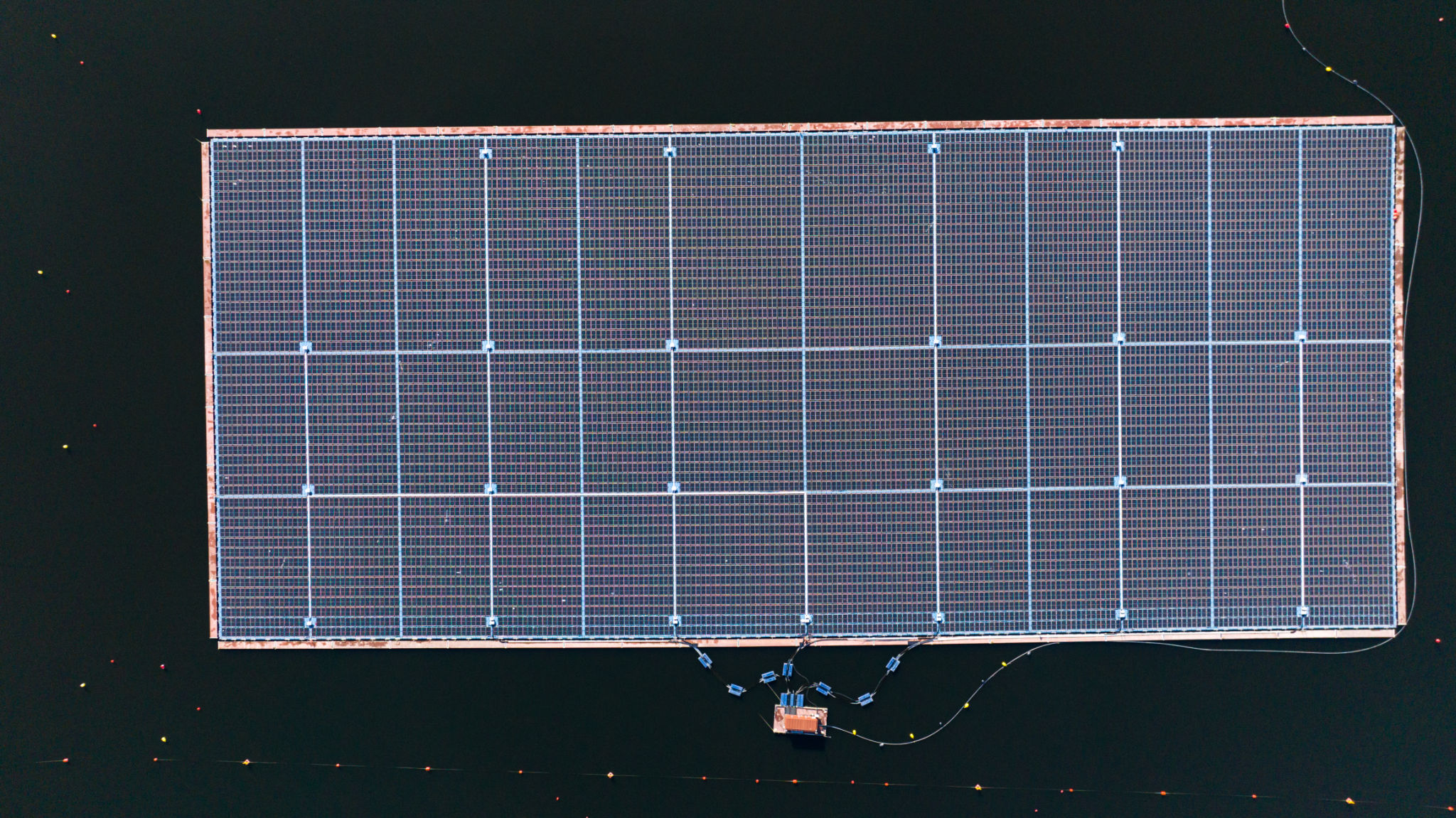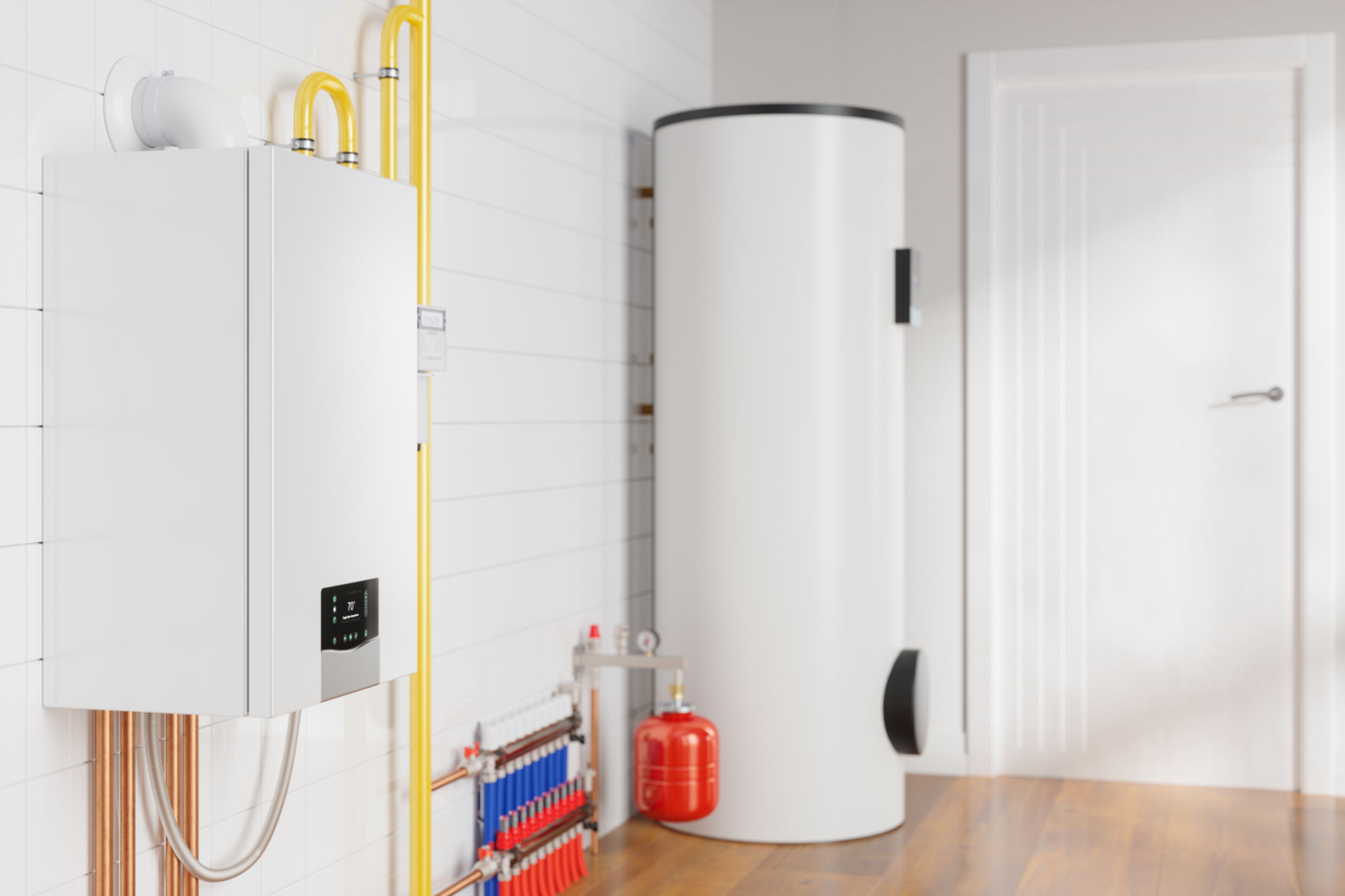How to Choose the Right Floating Cover System for Your Industry
Understanding Floating Cover Systems
Floating cover systems are essential for industries that require large-scale liquid storage, providing benefits such as reducing evaporation, controlling odors, and preventing contamination. Choosing the right system involves understanding the specific needs of your industry and the characteristics of different cover systems available. This guide will help you navigate through the selection process to ensure you make an informed decision.

Identify Your Industry Needs
The first step in choosing a floating cover system is to identify the specific requirements of your industry. Different industries, such as agriculture, wastewater treatment, and petrochemicals, have unique challenges and priorities that a floating cover can address. Consider factors like environmental regulations, the type of liquid being stored, and any operational constraints that might impact your choice.
Environmental Considerations
Regulations concerning emissions and environmental impact play a significant role in determining the type of floating cover system suitable for your needs. For instance, industries dealing with volatile organic compounds (VOCs) may need more sophisticated systems that offer enhanced sealing capabilities. Understanding these regulations will help you choose a system that complies with legal standards while meeting operational needs.
Types of Floating Cover Systems
There are several types of floating cover systems available, each with its own advantages. Some common types include:
- Geomembrane Covers: These are flexible, durable, and provide excellent chemical resistance, making them ideal for industries dealing with hazardous materials.
- Modular Covers: Comprising individual floating units, these covers are easy to install and maintain, suitable for smaller or irregularly shaped storage areas.
- Inflatable Covers: Offering quick deployment and removal, inflatable covers are great for temporary applications or emergency response situations.

Assessing Durability and Maintenance
When selecting a floating cover system, consider the durability and maintenance requirements of each option. Geomembrane covers, for example, are known for their longevity and minimal maintenance needs, while modular systems might require more frequent inspections. Evaluate the lifespan of the materials and the ease of repair or replacement to ensure long-term efficiency and cost-effectiveness.
Cost Implications
The cost of installing and maintaining a floating cover system can vary widely based on the type and complexity of the system. It's crucial to balance initial investment with ongoing maintenance costs. While a more robust system might have a higher upfront cost, it could save money over time through reduced maintenance and longer service life.

Consult with Experts
Before making a final decision, consult with experts in the field. Professionals can provide valuable insights into the latest technologies and best practices in floating cover systems. They can also conduct site assessments to tailor a solution that perfectly fits your industry's needs. Leveraging expert advice can help you avoid common pitfalls and ensure optimal performance.
Finalizing Your Decision
After considering all factors, it's time to finalize your choice. Ensure that the selected system not only meets regulatory requirements but also enhances operational efficiency. An effective floating cover system is an investment in your industry's sustainability and productivity.
By following these guidelines, you can select a floating cover system that aligns with your industry's specific needs, ensuring safety, compliance, and efficiency in your liquid storage operations.
